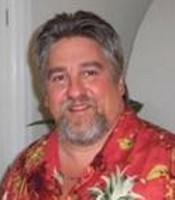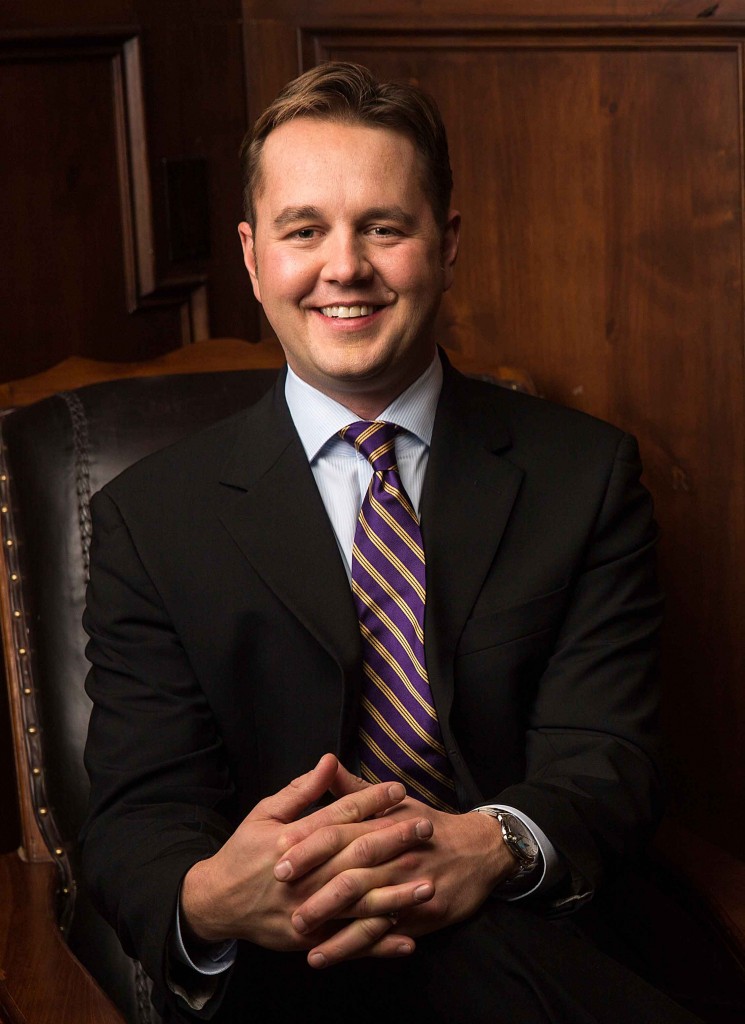 The United States’ notorious 2011 “Black Friday” crackdown on online poker returned to the news in the past week with two of the case’s 11 individual defendants appearing in news and social-network updates, although for highly divergent reasons.
The United States’ notorious 2011 “Black Friday” crackdown on online poker returned to the news in the past week with two of the case’s 11 individual defendants appearing in news and social-network updates, although for highly divergent reasons.
In the first update, convicted payment processor Ira Rubin had his appeal summarily dismissed by the US Second District Court of Appeals, in a decision written by appellate judge Catherine O’Hagan Wolfe.
Rubin, who had authored his hand-written appeal from his federal prison cell while shuffling through a series of court-appointed attorneys, asserted that he had ultimately been convicted of a “non-offense” regarding the first charge in his indictment, conspiracy to violate the UIGEA (the 2006 Unlawful Internet Gambling Enforcement Act).

Rubin claimed in his appeal that because the UIGEA language included language exempting unknowing financial transaction providers, primarily banks, through which many online-poker payments were funneled, that his actions should also have been exempted because he was a “financial transaction provider,” and was not directly involved in the wagering activity as either the site or player that was directly forbidden by the UIGEA.
The appellate judges essentially scoffed at Rubin’s reasoning, citing instead prosecutors’ arguments that Rubin was far more involved in the processing scheme than a generic bank through which gambling-related transactions were often funneled, often miscoded and misnamed to hide their purpose and intent.
Besides, as the Judge O’Hagan Wolfe noted, Rubin’s argument was moot. Since Rubin entered an unconditional guilty plea in exchange for a reduced sentence that was eventually set at three years, he could no longer go back and claim that he was no longer guilty of the violations.
Rubin remains jailed in a federal prison, not scheduled for release until the middle of 2015. His three-year sentence was actually increased from normally sentencing guidelines, based in part on court documents introduced by prosecutors as a habitual lawbreaker with little remorse. Rubin was snatched from a plane in Guatemala while attempting to flee Central America to Southeast Asia, but was instead extradited to the US to face his Black Friday charges.
A different sort of Black Friday story concerns convicted Absolute Poker exec Brent Beckley. Beckley, the stepbrother of AP founder Scott Tom, voluntarily surrendered to US authorities, serving a sentence and paying a six-figure fine to be able to be reunited with Utah family following the completion of his jail term.
Beckley was recruited by Tom and AP’s other founders early on to be the head of AP’s payment-processing operation, wherein he was directly involved with various processing schemes that directly violated the UIGEA and bank-fraud and wire-fraud statutes. Beckley was released from a Colorado prison last year, and relocated to Utah.
Beckley, who has also been shown to have invested some of his AP money into Costa Rican real estate, recently started up a new private consulting venture called Beckley & Company. Beckley claims to have founded his company in 2011, presumably even as he remained outside the US while trying to negotiate a surrender with the DOJ.
The Beckley & Company “About Us” page offers some often humorous restatements and bald recastings of Beckley’s years with Absolute Poker as a way of upselling Beckley’s claimed expertise as a “senior executive that is insistent on world-class customer experience.”
That world-class customer experience currently includes tens of millions of dollars never refunded from AP’s customers when the company went under a few weeks after Black Friday, funds that had been long extracted from the company’s coffers by AP’s inner execs, including Beckley. Beckley also played a direct role in the cover-up of the cheating scandal that was traced to poker accounts being played by his stepbrother, company CEO Scott Tom.

Oddly, the few offered specifics about Beckley’s corporate past included his long-winded title of “Director of Global Operation and E-Commerce” for Blanca Games, even though Blanca itself was only a shell entity in the name of one of AP co-founder Garin Gustafson’s Costa Rica party buddies, Stuart Gordon, a small-time online bingo site operator. The Blanca name was used — with no cash investment by Gordon — simply to hide the AP ownership trail from prying eyes.
Beckley’s only mention of Absolute Poker claims that he was a co-founder of the company, which again, isn’t true, though widely misstated in press reports. The company was founded by Tom, Gustafson, Hilt Tatum III and Shane Blackford, all working from the basement of Phil Tom’s Seattle home. Beckley came onboard months after the site went live, following his graduation from the University of Montana.
Beckley’s chutzpah in attempting to reinvent himself as a squeaky-clean e-commerce entrepreneur also appears to include offering himself for guest-writing and -speaking gigs, as in this recent offering by Beckley at UtahBusiness.com, ironically titled “The Secret to Effective E-Commerce Strategy and Keeping Customers Happy”.
Former AP players might protest that assertion. Beckley’s promo blurb from the UtahBusiness piece offers a fine example of the art of personal reinvention:
“Brent Beckley founded elite management consulting firm Beckley & Company in 2011, after learning first hand how valuable an effective e-commerce strategy can be to any business. A pioneer in the rapid-growth world of online poker, Brent was directly responsible for successfully processing more than $5 Billion and knows exactly what it takes for companies to achieve a harmonious balance between keeping processing costs and transactional fraud low, while extracting maximum value from customers and keeping them happy for the long run.”
100% up to $3,000 Bonus
Bovada is our most recommended ONLINE CASINO and POKER ROOM for US players with excellent deposit options. Get your 100% signup bonus today.




Leave a Reply
You must be logged in to post a comment.